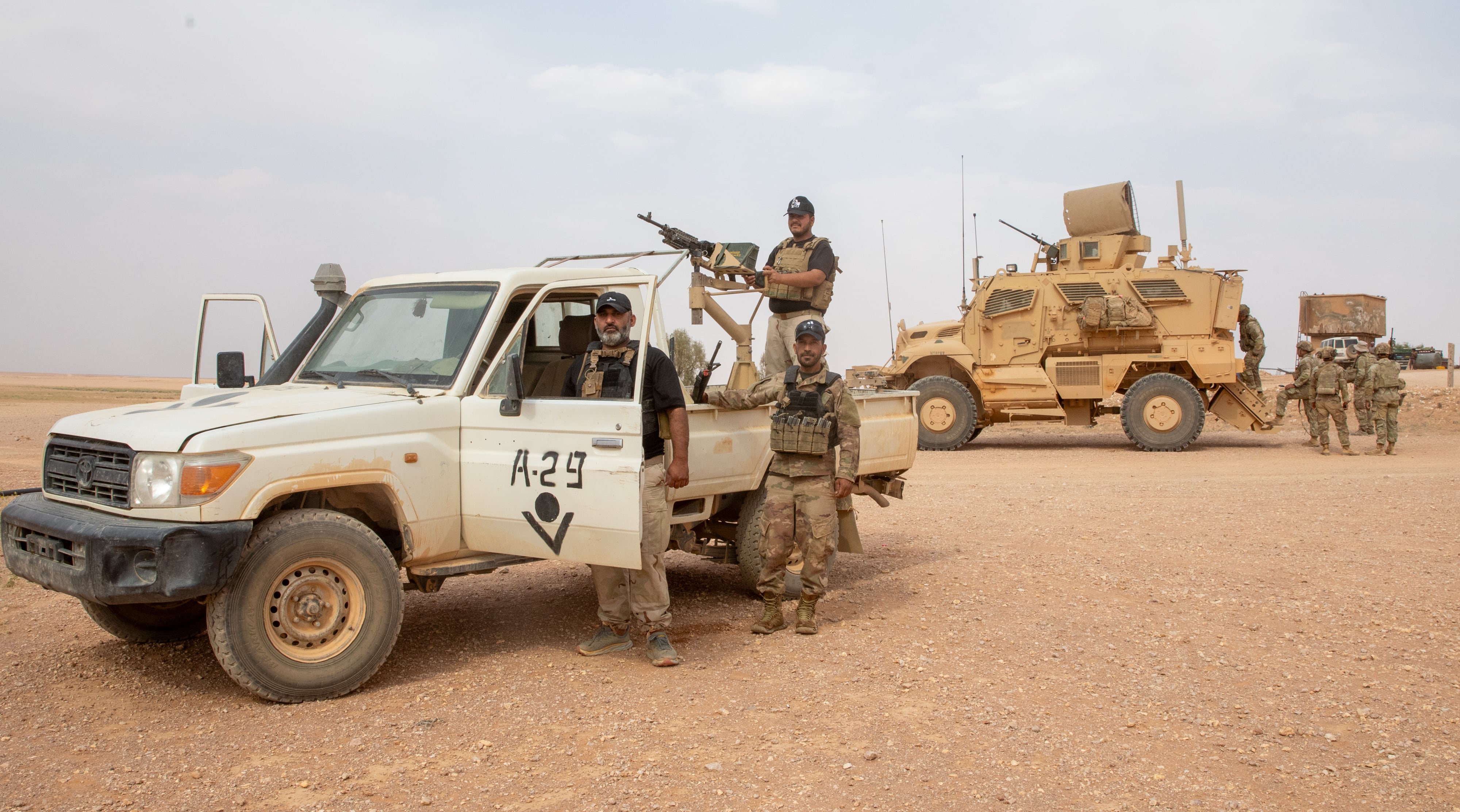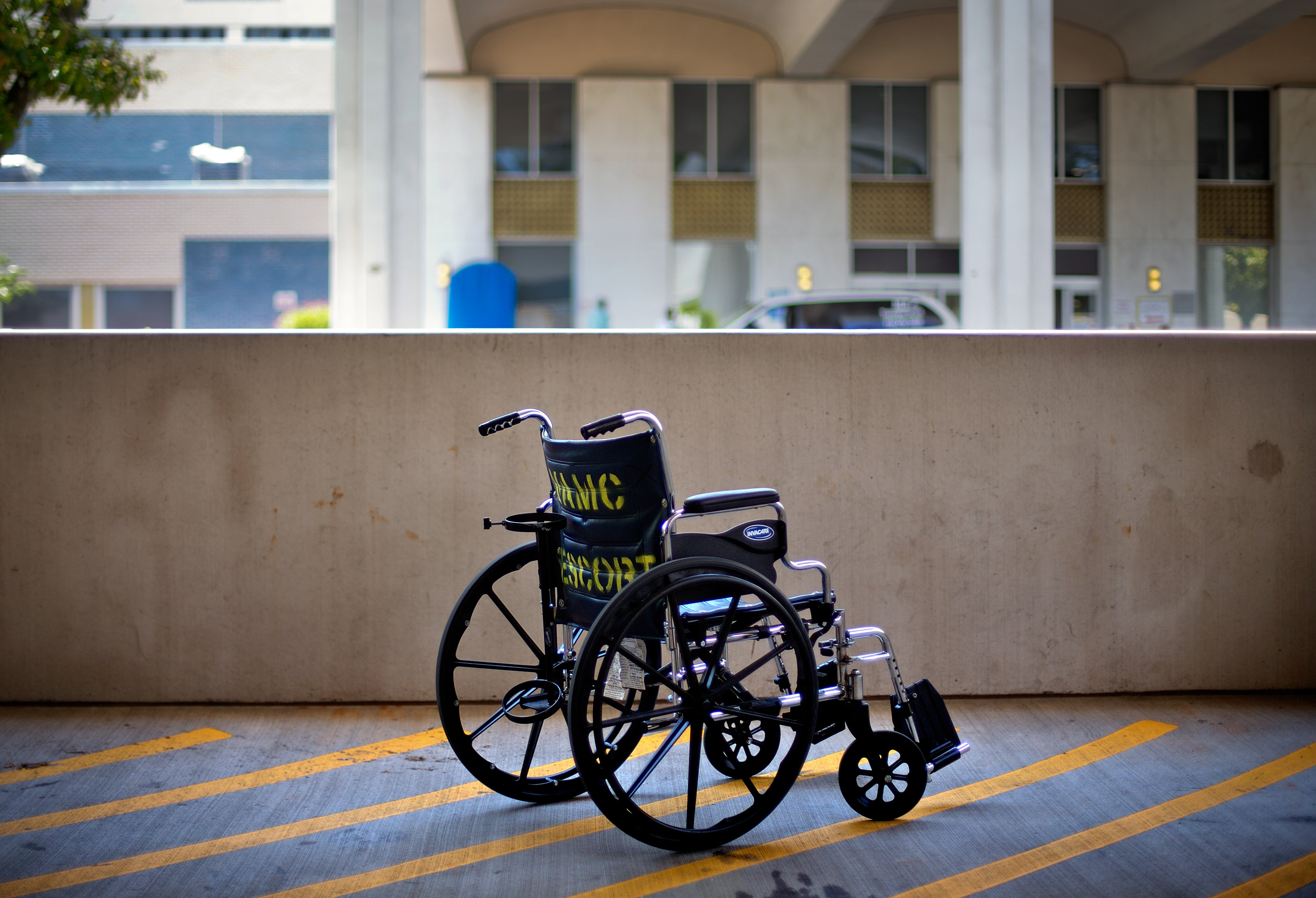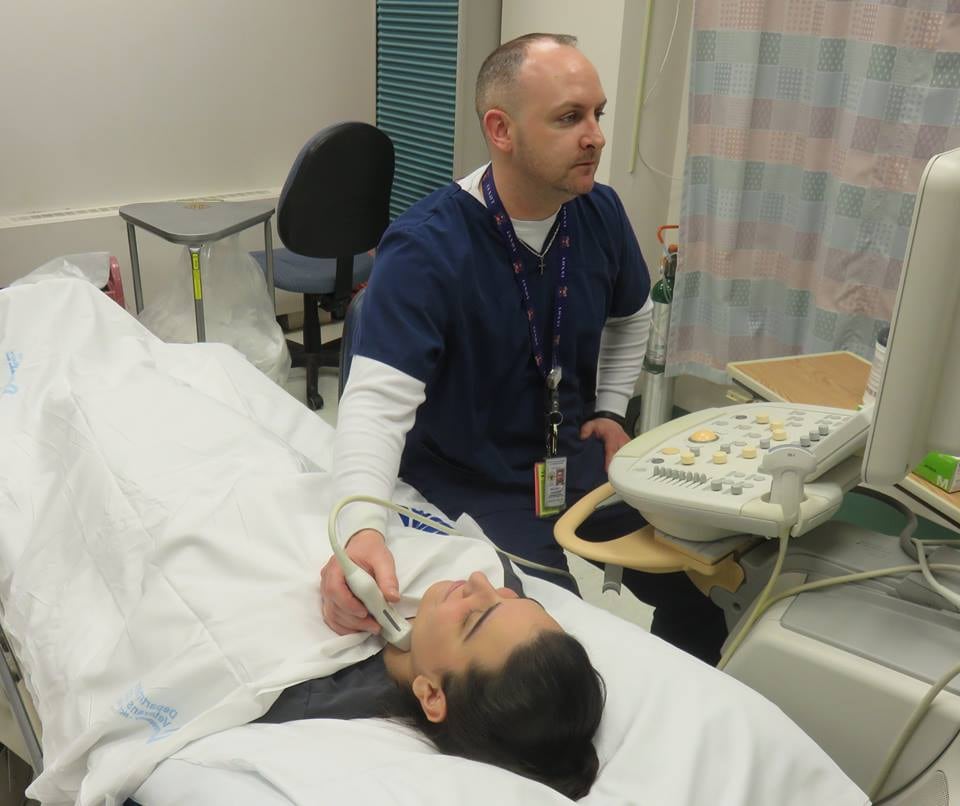The way Maj. Gen. Roberta “Bobbi” Shea tells it, she was a somewhat aimless teenager working at a Wendy’s in her hometown of Dover, New Hampshire, in 1985 when a phone call from a Marine Corps recruiter changed her life.
Nearly four decades later, she has a resume to rival that of any Marine Corps officer ― and career momentum that could well propel her to greater positions of authority. In the Corps, which has never had a female four-star general, her rising star is one to watch.
But that’s not something Shea really wants to talk about.
Now 56-years-old and serving as legislative assistant to the commandant at the Pentagon, she repeatedly invokes luck and good fortune when discussing an impressive career, which has included a year as a White House fellow; a stint as acting deputy assistant secretary of defense for East Asia, a post typically held by civilians; a tour in command of 4th Recruit Training Battalion at Parris Island, South Carolina; and a ground-floor role in establishing I Marine Expeditionary Force Information Group in 2017.
She’s deployed to Iraq and Afghanistan, earning a Combat Action Ribbon downrange. She shoots expert on pistols and rifles. She’s also emerged as a prominent advocate for women in uniform, notably launching the Artemis Program in 2021 while in command of 1st Marine Logistics Group to provide support and resources to mothers in the Marine Corps.
RELATED
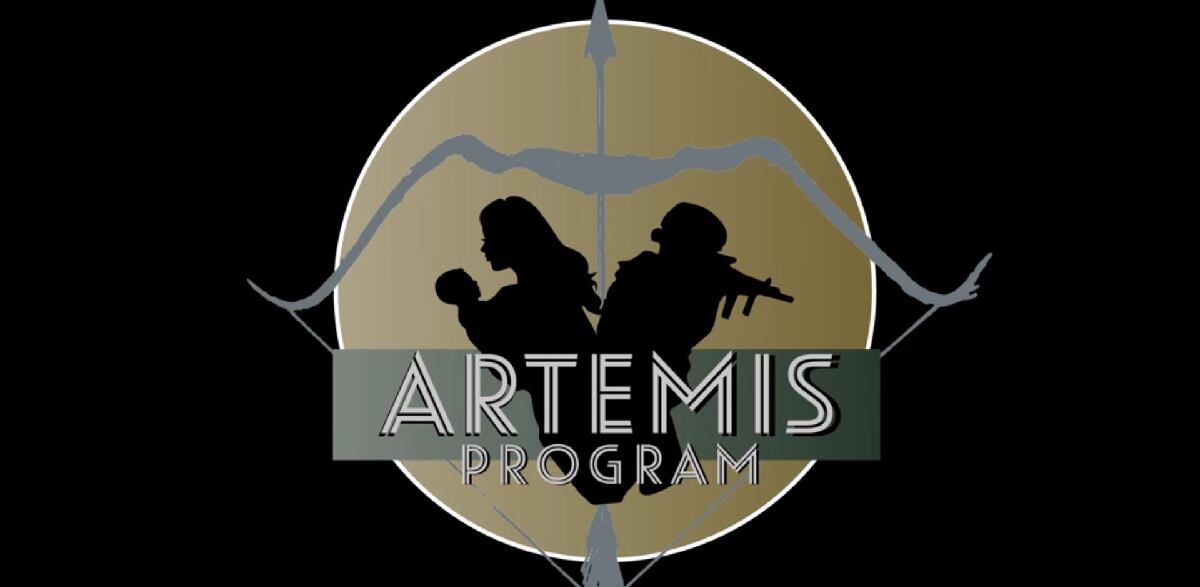
When it comes to her status as one of the Corps’ most senior female officers, however, she emphasizes that a Marine is a Marine and that she sees herself as part of a much larger group of talented female leaders who are making the service stronger.
Marine Corps Times spoke with Shea in late June about her career and experiences. The below Q-and-A has been edited for length and clarity.
Q: You’ve described your high school self as a “distracted youth.” What was the pivot point for you?
A: I probably don’t have a great origin story about a family lineage and history of serving our country. But I think what I did have was just a lucky break. Because when I ended up down there at Parris Island in January of 1985, for me, it was really like coming home. You know, the challenge, the structure, the discipline, the sense of teamwork. I didn’t know that I needed it, or that I wanted it, but when I found it, I just really fell in love with it. And the Marine Corps just became such an important part of my life.
Q: Did you know immediately what you wanted to do as a Marine?
A: At the time, they were trying to put women in what they would call nontraditional (military occupational specialties). And I became a ground support equipment mechanic. And you know, I just loved working with my hands and, you having something tangible ― something fixed at the end of the day.
It’s funny, you look back at the history of our Corps, you know, what our women Marines did in World War II, and it wasn’t so nontraditional. But, as you know, our women Marines have filled what spot our country has asked them to, and done it gladly.
Q: You graduated from the Naval Academy in 1991. What guided your job choice when you were commissioned?
A: It was a mentor. He asked me, What are the two most important traits that you want out of your job? And I said, I want to lead a platoon, and I want to go to the field a lot. And he looked at me and said, “Oh, you want to be a communications officer.” And I was super lucky that I was able to get that MOS. Because my very first day out in the fleet, when I checked into my first unit, my platoon was in the field. And, you know, I checked in, and on the same day, I was headed out to the field. It was absolutely everything that I wanted.
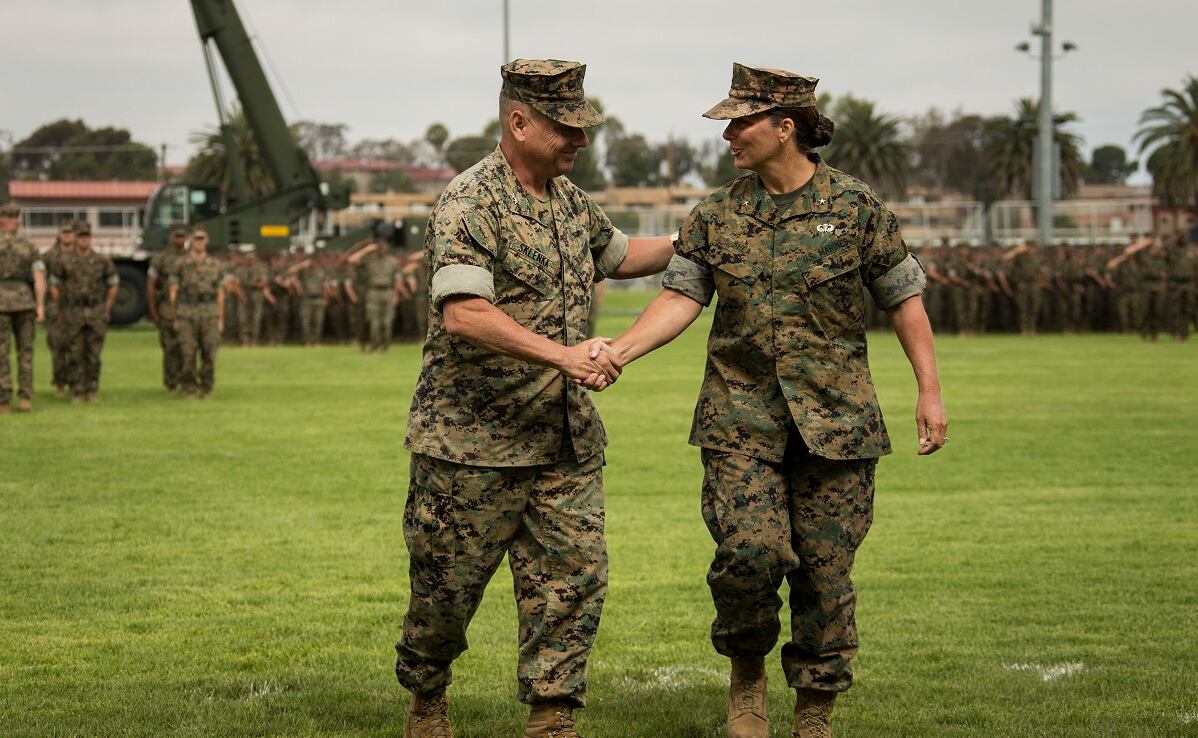
Q: Do you have any specific role models who’ve helped shape your leadership style?
A: Early on someone told me, “You’re never going to find somebody exactly like you to model yourself after. So, don’t try and change to be like somebody you’re not. But instead, try and find a constellation of mentors.”
I’ve been really lucky to have some great mentors over my career. There have been many who have gone before me, and a lot of folks that I’ve served with, who are junior to me in rank, that I’ve tried to model myself after as well.
Q: It’s not always easy to develop mentorship relationships when there aren’t as many people around who look like you. What has helped you develop those relationships?
A: For any Marine, it is unlikely that you’re going to find somebody exactly like you. I’ve got infantry officers who have been strong mentors to me, aviation officers. I’ve had sergeants major, staff sergeants. I had an awesome corporal mentoring me today. When you put it in your worldview that there’s a whole host of people that can mentor me, and you don’t try to silo it into just one person. That’s kind of the approach that in my own professional development, is trying to cast the net widely.
Q: What did you learn from your time as a White House fellow?
A: My fellowship year started Sept. 1, 2001: 11 days before 9/11. We all went into the year with a certain idea of how the year was going to unfold. And then the world changed.
Just a couple weeks into my fellowship, I got reassigned to this brand-new Office of Homeland Security, just trying to figure out how, at the highest levels, you apply whole-of-government solutions for the protection and the defense of our nation. The ability to watch leaders at a time of our national crisis, how they make decisions and what was important to them, those are lifelong lessons that I’ve certainly kept with me to this day. One of the big things that I took away is a leader’s responsibility to look at things from all sides. In decisions of consequence, no one person has the fullest insight into a problem. And it’s only together as a team that people can truly see the complexity of an issue, and then work toward a practical solution.
Q: How have you been able to apply that personally?
A: In my current job as the director of legislative affairs, members of Congress will have a certain point of view. And over in the executive branch, you might have a certain perspective. But it’s only when you put those two perspectives together that you have the most accurate picture of what’s really going on.
I think that they’re not competing; that they actually are complementary and are additive to each other.
Q: You’ve deployed multiple times (to Afghanistan and Iraq as the S-6 officer for the 22nd Marine Expeditionary Unit, and again to Afghanistan as Director of the Commander’s Initiatives Group for International Security Assistance Forces). What memories characterize those deployments?
A: (With the 22nd MEU in Iraq), one of my jobs was, every time we sent a maneuver unit out, to send one of my radio operators. And you could tell sometimes when the mission was going to be exceptionally difficult, or folks were worried about it. All they wanted from me was, give me your best radio operator, give me the person who can get the job done. And that’s what we did: we gave them the best Marines, whether they were six feet tall or five foot four, whether they were male or female, or Hispanic or African American, or white, or whatever.
All folks wanted to know, when the situation really demanded it, was that the person can get the job done. It’s important for our Marines to understand that when there’s consequential action, that’s what we care about.
Q: What was it like to be part of the launch effort for I Marine Expeditionary Force Information Group, underscoring the Marine Corps’ growing emphasis on the information component of warfare?
A. That was an exciting time. (Then-commandant Gen. Robert Neller) was asking, how do we better integrate information and all the functionalities within it into our combined arms approach?
Marines are masters of combined arms, putting our enemy or adversary at the horns of a dilemma with multiple types of challenges. So how do we wrap information into that, and how do we do it at speed? I thought the approach that Commandant Neller took, which was, put together a couple of different teams, and have one team go really far out, and have another one take a more conservative approach. And then, where do you land ― what innovation and change can the organization bear, and how fast can it bear it? It was fascinating for me.
And that’s probably how a lot of Marine Corps change and innovation happens. Somebody throws out some ideas, maybe there’s some structure, maybe there’s some resources, and then young Marine officers and staff noncommissioned officers just take it to places you never would have imagined. Pretty impressive.
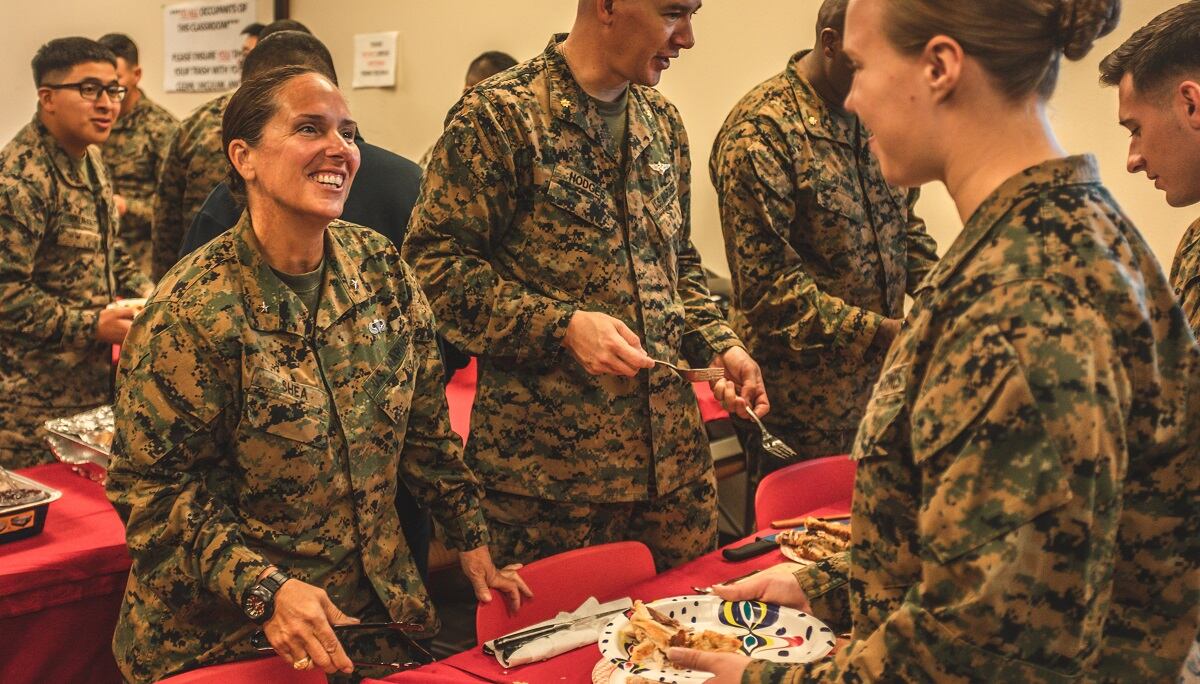
Q: The Marine Corps is still the most male-dominated of the military services, and the number of female general officers in the service has not increased meaningfully over the decades. What do you believe it will take to establish more women in senior leadership roles in the Corps?
A: I tell a story of when I was in the squad bay (at boot camp), and our drill instructors came in and announced that a woman (Gail Reals) had been selected (by a promotion board) to be a general. And today I understand why my drill instructors came into the squad bay and announced that, because that was a big inflection point in our Corps.
Today, when we select a woman to be a general, I’m not sure that it merits a squad bay announcement anymore. Young women and young men in our Corps, they expect it to happen. What I’m excited about is, you know, now we have new generations of young Marines, who expect us to select a wide variety of folks to be general officers. When I look out into the operating forces today, and I see all these tremendous, tremendous Marines ― colonels, lieutenant colonels ― it is incredible.
This generation of female leaders that we have come in behind us, combat experienced, tactically proficient professionals wearing packs on their back and leading from the front. It’s amazing, and I’m pretty excited about the future.
Q: What are your own career goals at this point?
A: I don’t have any specific career goals for myself. I just want to keep doing what I’ve always tried to do, which is help other Marines to succeed.
Right now, I’m doing it by hoping to, you know, help Marines out in the (fleet), articulating their requirements and their needs to the Congress. But just like when I started out as a platoon commander, I just wanted to help the Marines in my platoon. I think that’s kind of been my enduring goal all along.
Hope Hodge Seck is an award-winning investigative and enterprise reporter covering the U.S. military and national defense. The former managing editor of Military.com, her work has also appeared in the Washington Post, Politico Magazine, USA Today and Popular Mechanics.

